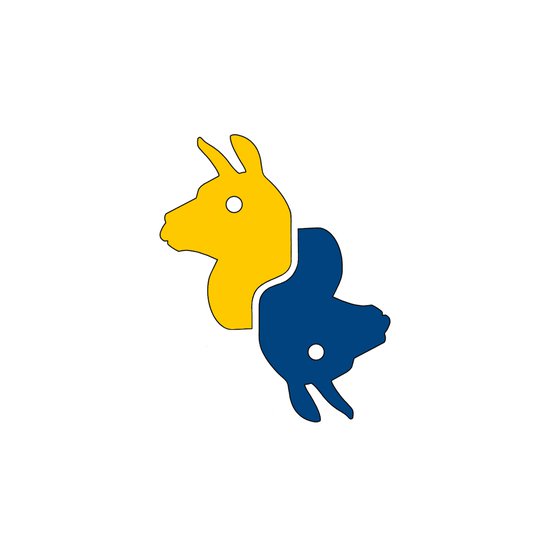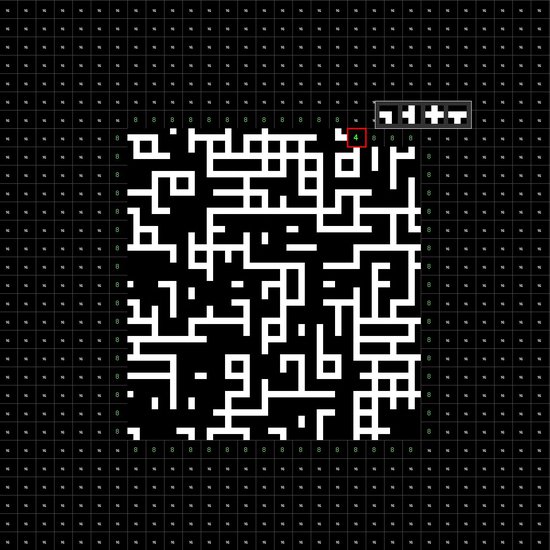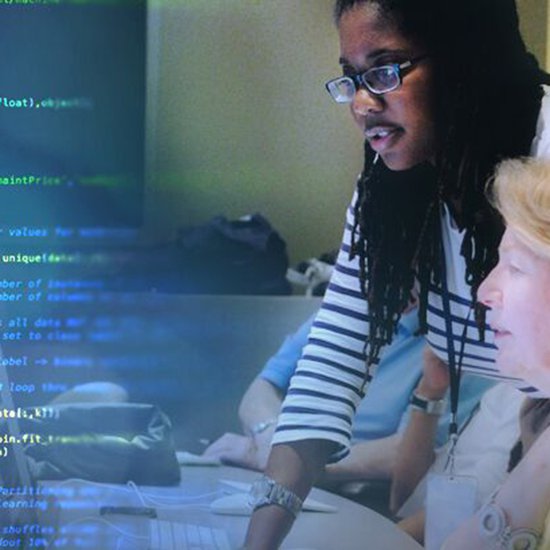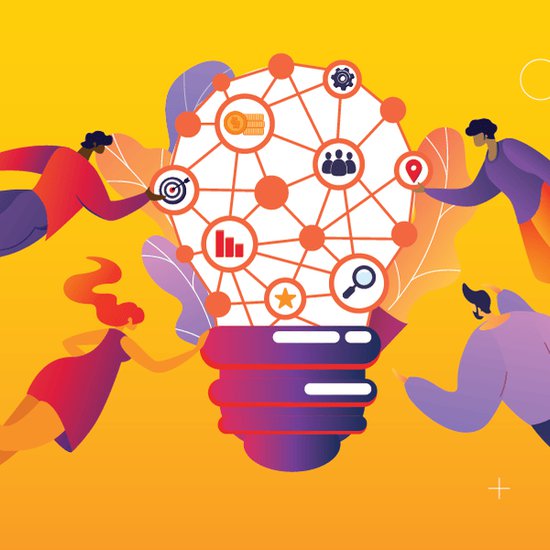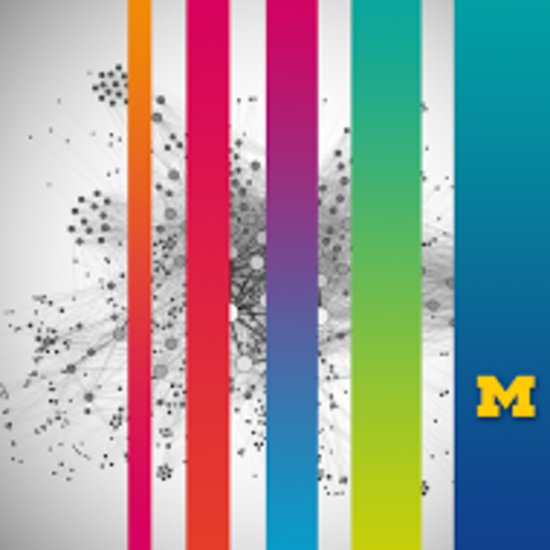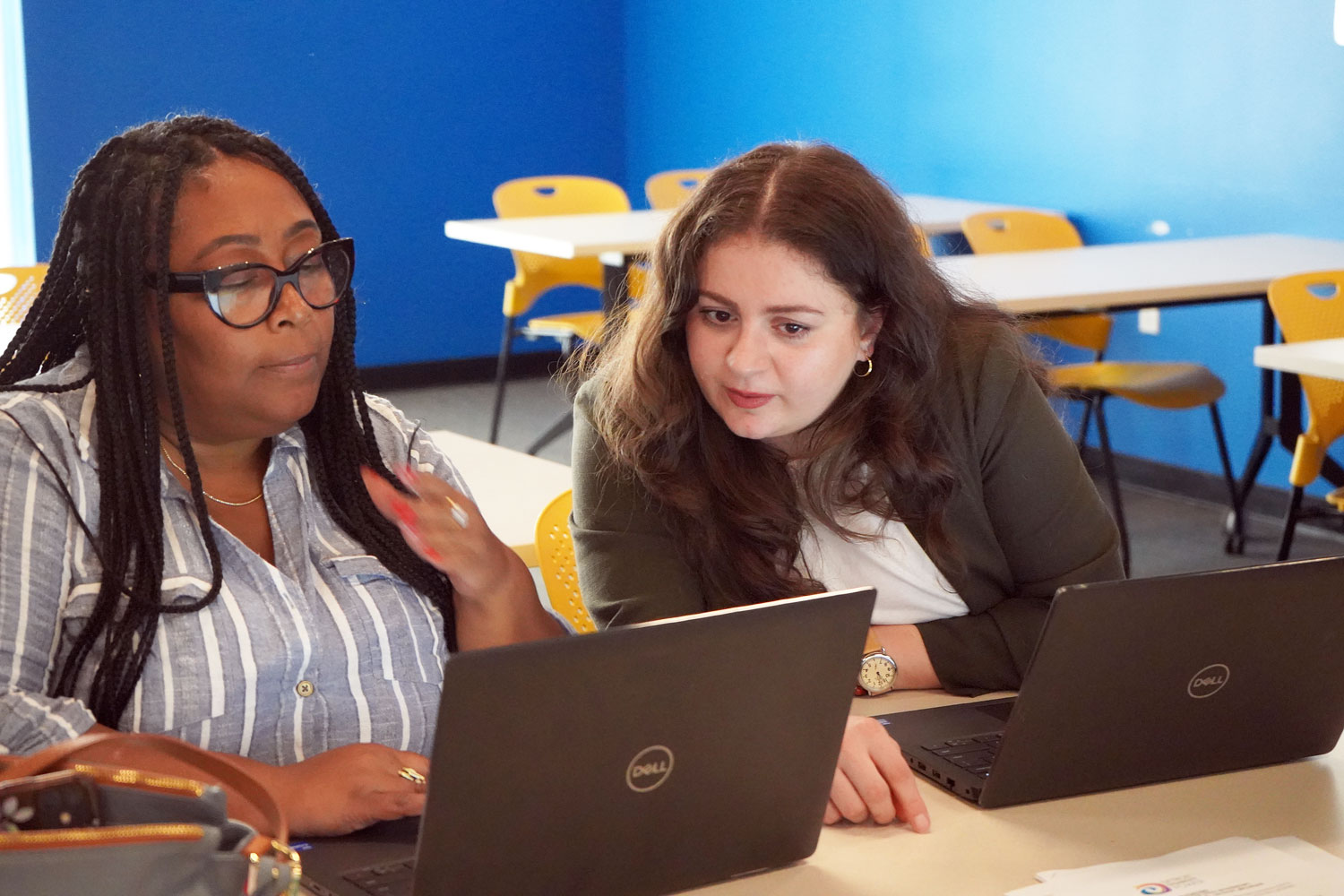
Learning Python Online Changed Her Life, Now She Wants to Help Others Unlock Their ‘Coder Brain’
Tamara Qawasmeh changed careers. Now she is helping Detroit residents do the same, teaching Python as part of Saturdays in the D adult learning program
Sean Corp, Communications Lead
Learning the Python programming language changed Tamara Qawasmeh's brain. It also changed her life. She says if not for deciding to search for an online course that taught Python, she wouldn't know where she would be today.
Tamara's online learning story starts where so many people have in the past four years—stuck inside during lockdown and wondering how she could use all this time at home to her advantage.
A graduate of Wayne State University with a degree in public health, Tamara has always been fascinated by data and wanted to use information to help people better their lives.
With Python, she figured, she could use data in new, powerful ways. Then she never looked back.
"I was working as a data curator at the [University of Michigan] Institute for Social Research, looking at all this incoming data in all its forms. I wanted to learn Python programming to fill in a technical gap. I wanted to be more efficient at what I was doing."
One day, she researched online courses and enrolled in the "Python for Everybody" course series created by U-M and available on Michigan Online and Coursera.
"Having the ability to be at home, or, when things were opening back up, to be on the road or in the cafe. Wherever I am, I can always continue to learn," Tamara said of what drew her to the online format.
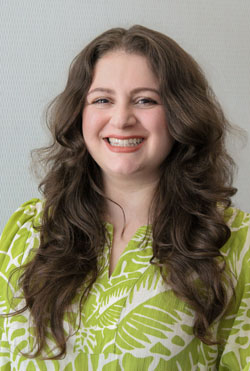
"'Python for Everybody' literally changed my life. Learning to program in Python changed the trajectory of my career. Learning to code changed my brain."
Once Tamara's "coder brain," as she calls it, was fully unlocked, she felt like she was seeing the world in a new way and that the possibilities were limitless. After obtaining her certification in Python, the public health graduate wanted to continue on a new career path and returned to school, earning a master's degree in applied data science from the U-M School of Information.
With degree in hand, she found a job working in downtown Detroit as a business intelligence developer and then a data engineer for Little Caesars Enterprises.
The self-described adult learner decided she wanted to give back to others interested in learning a new skill or exploring a new career after their traditional academic career had ended.
Tamara is in her second year as a course facilitator in the adult learning program Saturdays in the D, where she teaches other adults introductory Python programming and a more advanced course on Python data structures.
"I wanted to be a part of Saturdays in the D because I am an adult learner, and I wanted to share my experience learning Python. I can show them things I wish someone had taught me when I was starting out," she said.
In Saturdays in the D, Detroit residents are enrolled in a course created by expert U-M faculty and the Center for Academic Innovation. While they progress through the online course in their free time, they come together once a week to discuss the learning concepts, their progress, and challenges with Tamara and other facilitators there to help guide them through the material.
"This program is providing students a more flexible way to learn. Everyone here comes from a different background. They have their jobs and their personal responsibilities, but they want to learn. This program, and online programs in general, make that possible," Tamara said.
Other courses available in Saturdays in the D are "Leading Teams," "Successful Negotiation: Essential Strategies and Skills," Python Data Structures," and “How to Create a Good Business."
"When I know my students are working 12-14-hour days and then coming to these classes on the weekend, it makes me want to do my best to help them. Python can help them at their job or can allow them to look for new job opportunities elsewhere," Tamara said.
Being together also allows Tamara to see the progress people are making and the excitement as Python and programming become more understandable every week.
"This format is really the best of both worlds," Tamara said. "You can go home and watch and rewatch videos. Then, they come to class and have questions. Having a support system in the classroom and learning with and from your peers is unmatched."
In the end, Tamara just wants people to get excited about Python while feeling supported and able to do something they might have thought impossible before they wrote their first line of code.
"Programming changes the way you look at the world. When your 'coder brain' switches on, you start to think about the possibilities of what you could do with code. Learning Python, the possibilities are endless."
